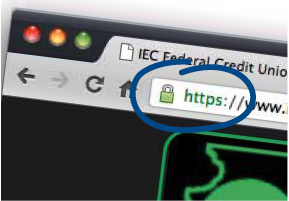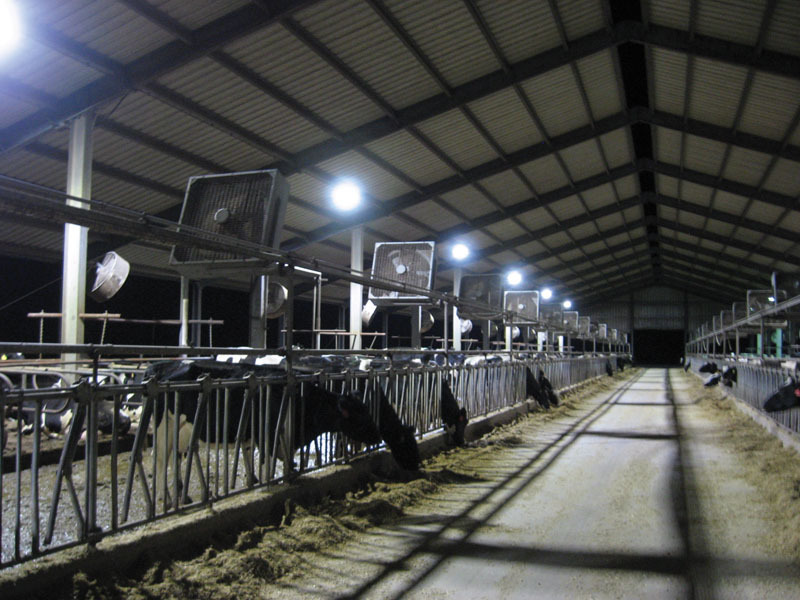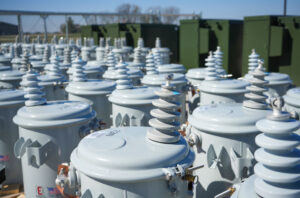Many years ago, Mark Twain said, “Everybody talks about the weather, but nobody does anything about it.” Mark Twain was right – to a certain extent. There is nothing we can do to change the weather. However, there is something all of us can do to make life a little easier for ourselves when the weather impacts our lives – we can be prepared!
Why prepare?
Local emergency managers and first responders do an outstanding job of assisting people after a disaster. However, in a widespread event, such as an ice storm, tornado outbreak or flooding, it can be several days before help arrives – particularly for those in rural areas.
First, we need to know what we are dealing with in Illinois. What is the deadliest weather in Illinois? Many people guess it is flooding or tornadoes. We certainly see our share of these events. Without a doubt, though, the most dangerous weather in Illinois is extreme heat and extreme cold. These two temperature extremes have killed nearly 12 times as many people in Illinois the past 20 years than all other weather events combined.
Having a properly working heating and cooling system, drinking plenty of fluids and making sure that livestock have fresh water and a fan blowing on them helps significantly. But what happens if you lose power? This is where preparedness comes in.
Three things you need for disasters
Being ready for disasters comes down to three things:
• having an emergency kit of items to help you and your neighbors cope after a disaster
• making a plan for different kinds of emergencies
• being informed about potential emergencies that can impact your community
Take into account not only the number of people in your household, or neighbors that you can help, but also pets, livestock and your business.
Make an emergency kit
Many people do not have a kit because they believe they will never need it. During extended power outages, flooding, or after storm damage, you will be glad you thought ahead. Use plastic totes to store items so they can be kept dry and portable. Items to have on hand include:
• Water (a gallon a day for each person) for drinking and sanitation
• A three day supply of non-perishable food and a manual can opener
• Flashlights with batteries
• First aid kit
• A whistle to signal for help
• Moist towelettes, toilet paper, and garbage bags for personal sanitation
• Basic tools for simple repairs or to turn off utilities
• A small supply of important medications
• Cash and extra set of keys
• Extra clothing, shoes and sleeping bags
• A weather alert radio with extra batteries to stay informed
• Pet food and small bowls
Make a plan
Make sure your family and your business has a plan in case of an emergency. The first thing to do is to determine how everyone will stay in contact in case of an emergency. Cell phone towers may be overloaded during emergencies, so texting a short message may be the best way to make contact. Another important step is to outline what you will do in the case of an emergency. If you need to evacuate, pick a meeting place familiar to everyone in the family or business.
There is an excellent planning guide on FEMA’s web page at: www.ready.gov/make-a-plan
Be informed
Whether you are at home, work or traveling, staying informed about potential hazards is very important. A majority of disasters are weather related, so stay abreast of the latest weather conditions. Warnings are issued by county, so if you are traveling, pay attention to the names of counties or nearby towns. Warnings also mean that the storm is occurring, or about to occur soon, so seek shelter for protection.
Weather alerts are available on local TV and radio stations, weather alert radios, the National Weather Service website at www.weather.gov, and through many cell phone/mobile device providers.
Benjamin Franklin once said, “By failing to prepare, we are preparing to fail.” Recent disasters in our country have proven the importance of this advice more than 200 years later.

Web Resources:
National Weather Service, www.weather.gov
Illinois Emergency Management Preparedness Information,
www.ready.illinois.gov
FEMA Preparedness, www.ready.gov







